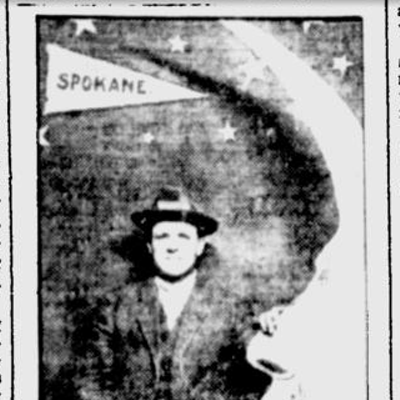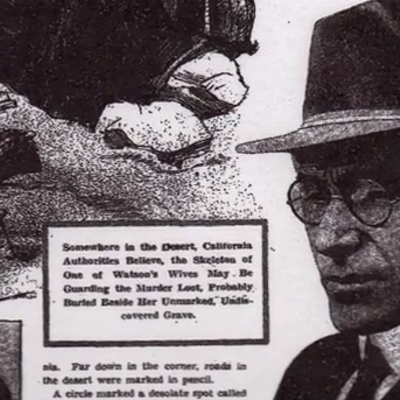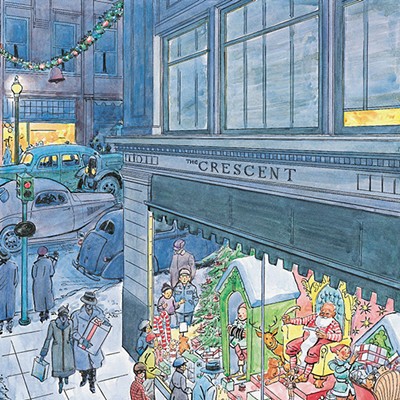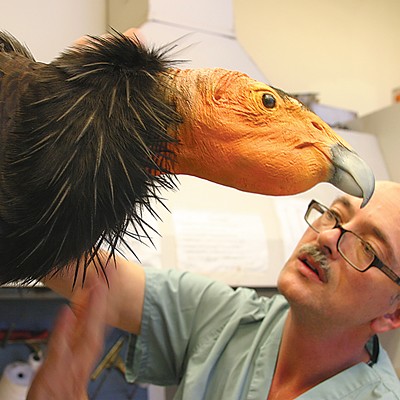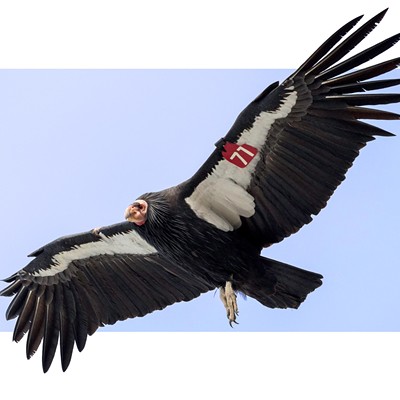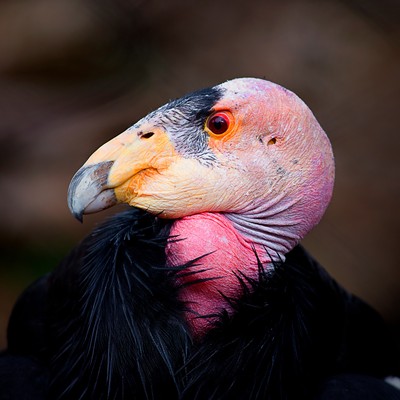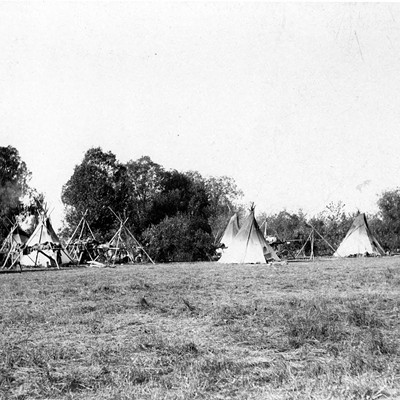In May of 1808, David Thompson and a handful North West Company voyageurs dragged their canoe ashore at a large Kootenai encampment near the modern town of Bonners Ferry, Idaho. The white visitors had floated down the Kootenai River from southeastern British Columbia through western Montana, fending for themselves after they failed to rendezvous with familiar Kootenai contacts at the Tobacco Plains. The fur traders were tired, hungry, and looking for the respected Kootenai leader that Thompson called Ugly Head, who had guided the fur agent on a brief excursion the previous fall.
Thompson had been relying on Kootenai (now called Ktunaxa in Canada) envoys for information about the Columbia drainage since 1800, when a party of Kootenai men and women crossed the Rocky Mountains into modern Alberta to establish relations with British fur companies. Thompson sent two of his voyageurs back into the Columbia country with that party, but it was not until 1807 that he crossed the mountains himself and established the Kootanae House trading post at the great river's source lakes. His winter journal for 1807-08 names more than three dozen Kootenai men and women who hunted, guided, and translated for the Nor'westers. These tribal people also provided Thompson's crew with cordage, clothing, introductions to other tribes, and essential advice.
Ugly Head, so called because of his curly hair, was Thompson's most valuable envoy. It was through him that Thompson would eventually meet members of the Flathead, Kalispel, Coeur d'Alene, and Spokane tribes before moving on to the main stem of the Columbia at Kettle Falls in the summer of 1811.
But those successes were far in the future when Thompson greeted Lower Kootenais at their encampment near Bonners Ferry in that spring of 1808. While Ugly Head moved south to meet the Salish-speaking tribes, Thompson followed the Kootenai River north, only to confirm that the stretch of river between Kootenay Lake and the Columbia would never make an effective trade route. The country he saw was too swampy to support a trade house, and when he decided to return to Kootanae House via an overland trek from the Moyie to the St. Mary's River, it took all the resourcefulness and skill of Ugly Head to get the white men there safely. After a grueling journey, Thompson paid tribute to the Lower Kootenai man as "our humane Guide, without whose Perseverance & Attention, we had certainly not been able to reach this Place."
The various bands of today's Kootenai Nation include members enrolled with the Confederated Salish-Kootenai Tribes based in Elmo, Montana; the Kootenai Tribe of Idaho, based outside of Bonners Ferry; and Ktunaxa bands in Canada with reserves near Creston, Grassmere, the St. Mary's River, and the Columbia source lakes in British Columbia. To mark the 200th anniversary of David Thompson's arrival in northern Idaho, these First Nations peoples are sponsoring a traditional Kootenai encampment at Twin Rivers Canyon Resort from June 19-22. The resort, owned by the Kootenai Tribe of Idaho, is located at the confluence of the Moyie and Kootenai Rivers, just upstream from Bonners Ferry.
Events include a teacher's workshop with available credits that will take place on Thursday, June 19, at the Kootenai River Inn in Bonners Ferry. That evening there will be a dinner, teepee-raising contest and campfire presentation on the historic contact between the Kootenai people and British fur traders.
Workshops on Friday and Saturday include traditional skills from moccasin making and meat drying to sign language and instruction into the mysteries of stick game.
Kootenai tribal member Loretta Stevens conceived of this encampment as a way to illuminate the role of tribal people in Thompson's travels.
"I want people to walk away with some knowledge of what it was like to live in a Kootenai Village and have contact with fur traders," says Stevens. "This 'hands on' encampment will give people an idea of what it was like to live off the land and to utilize what we were given for survival. We used all of what nature provided for us in a good way. We never wasted anything. What we took, we used. We never took more than what we were able to use."
Because of limited room at the campground, any person who wishes to attend this encampment must preregister. Registration forms are available through the Websites of the David Thompson Bicentennial (dt200.ca) or the Confederated Salish-Kootenai Tribes (cskt.org). For questions or further information please contact Loretta Stevens at (406) 293-7751, ext. 252 or via e-mail at [email protected], Ann Ferguson at [email protected] or Alana Mesenbrink at usace.army.mil.



